The Bird Flu (H5N1) has been around for many years, but there has never been an outbreak as large as the one that is currently driving up egg prices. According to the CDC, this outbreak officially began when the first case of Bird Flu was confirmed in a herd of dairy cows in March of 2024.
When a chicken contracts the flu their egg production will decrease significantly, then they will begin to show signs of sickness very similar to the average flu in humans. They will also get dizzy and have trouble walking. Unfortunately in most cases the chickens do not show any signs and will die, leaving farmers wondering what is happening to their flock.
Of course with any virus there is always a chance of the virus mutating and becoming more severe.
“A virus always mutates just enough to mess with you,” said Mr. Chacalos, biology teacher.
Mr. Chacalos believes that as long as the virus stays isolated, it shouldn’t pose much of a threat to anyone.
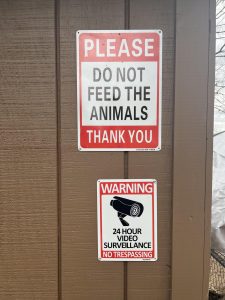
Here in West Virginia there are no current cases of bird flu, but just to be safe Park’s chickens are being housed safely in their outdoor coop, and not just anyone can get into the coop.
“If a confirmed case gets within 30 miles, we will implement more strict protocols,” said agribusiness teacher, Mr. Bloomfield.
At this point in time there is no treatment for the bird flu.
“If a single bird in a flock tests positive, the entire flock must be depopulated so the disease doesn’t spread,” said Bloomfield.
As this flu spreads and the price of eggs continue to skyrocket, some may be wondering if it is cheaper to try and raise their own chickens; it is not.
“The start-up costs for a new flock are over $500 and you must wait for your chickens to start laying,” said Bloomfield.
Waiting for chicks to grow enough to begin laying eggs can take five to 11 months depending on what time of the year they hatch.
While it may be a little nerve-racking to hear about this new flu there are only 70 confirmed human cases of the bird flu, and those cases are only farm workers who are in direct contact with infected animals.
Mr. Bloomfield adds,”To most this isn’t as big a deal unless you have your own chickens, but it should be on everyone’s radar.”


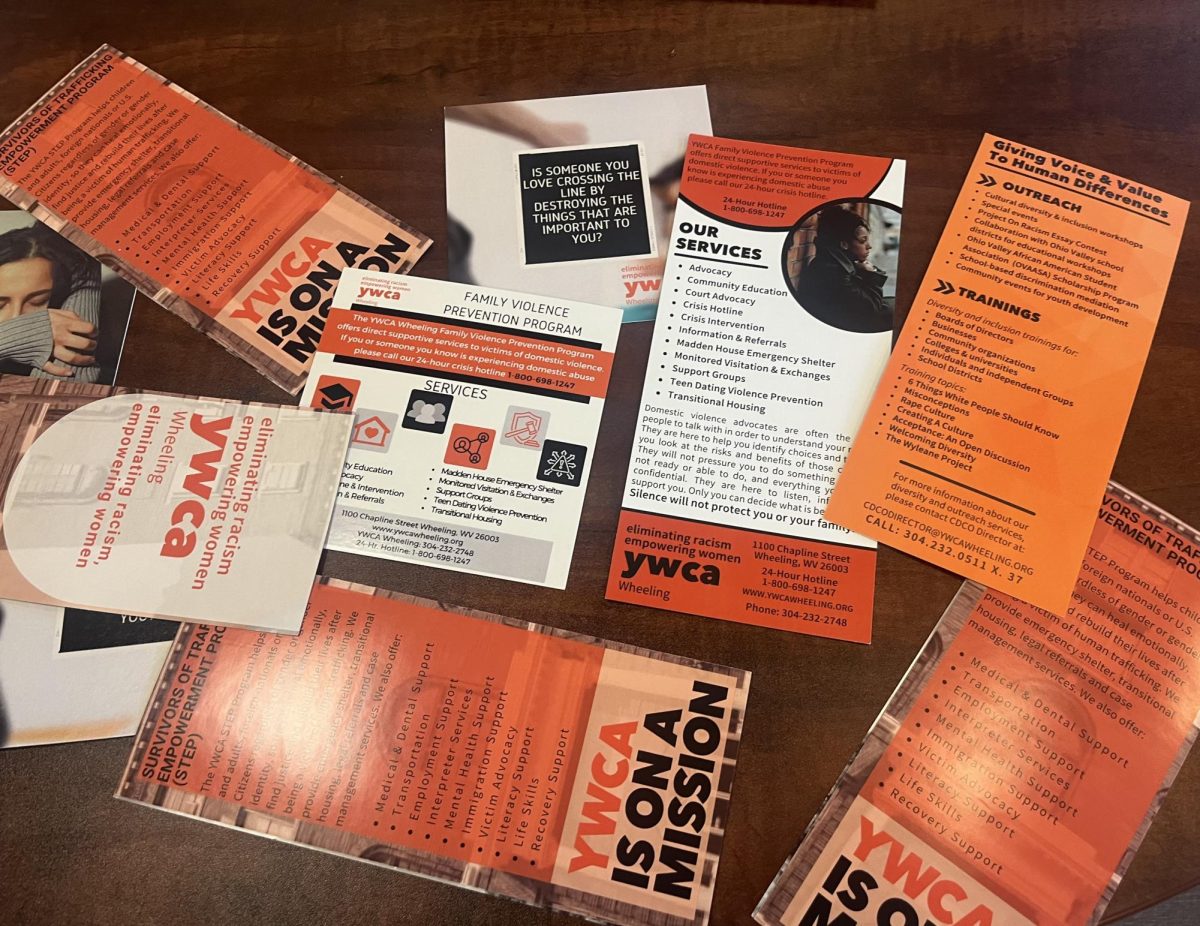
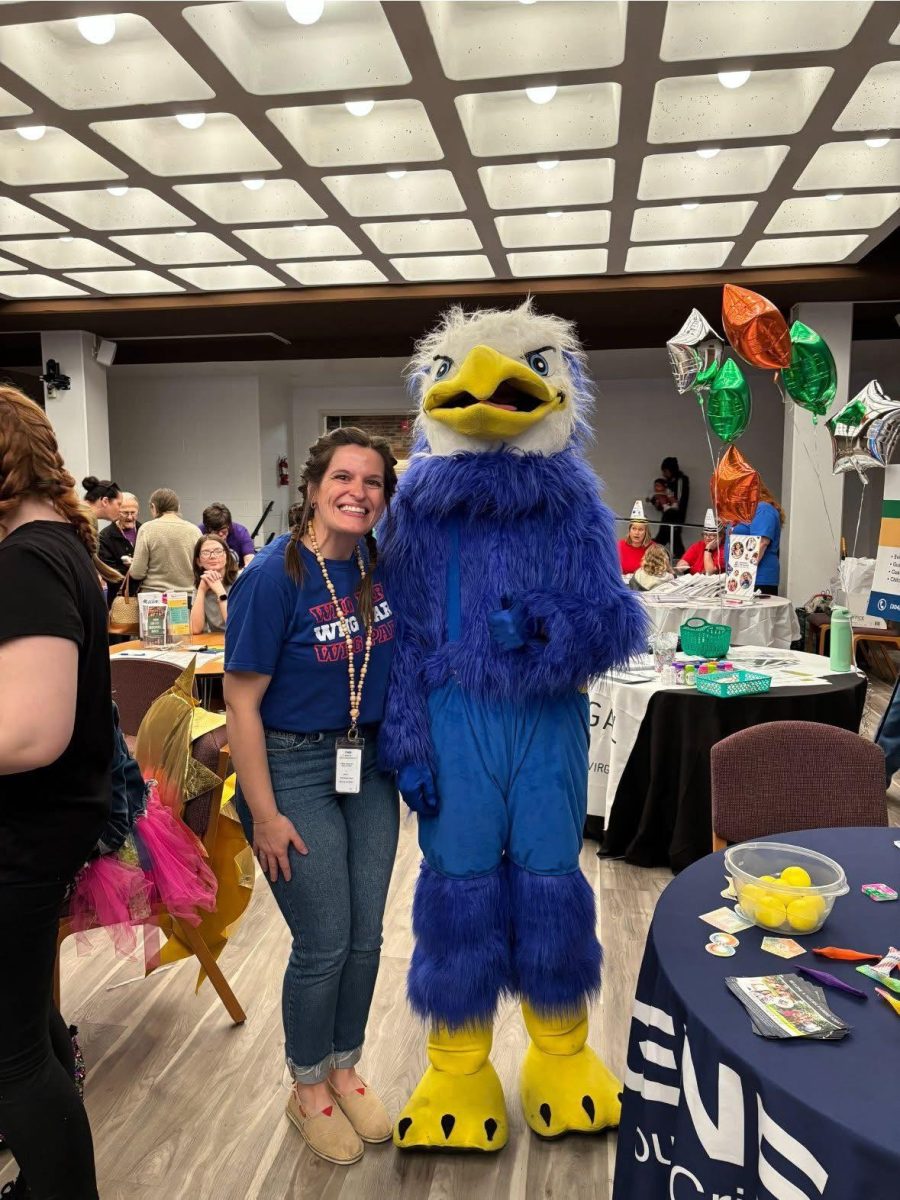



















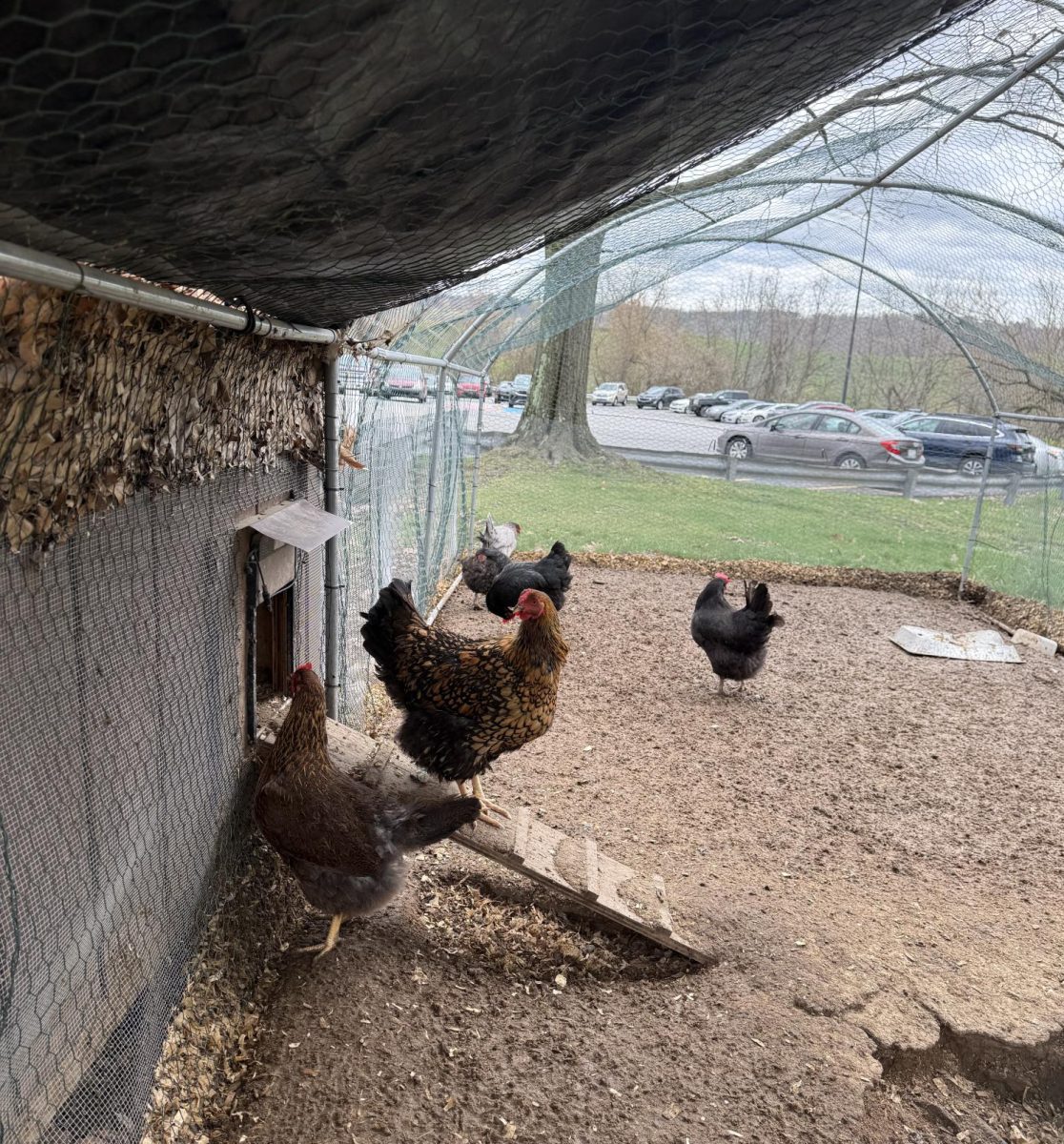
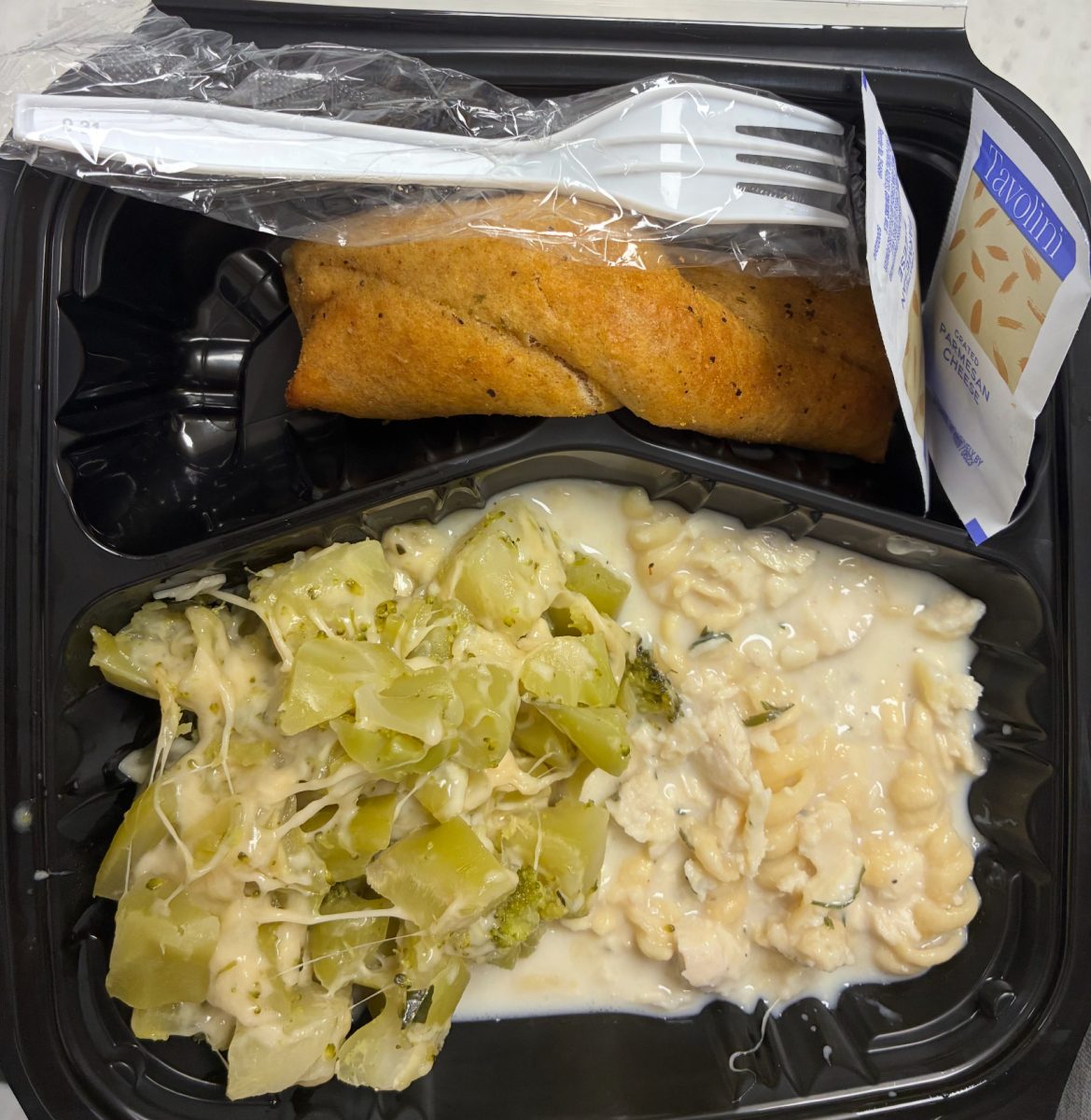


Nathan McFadden • Apr 13, 2025 at 9:41 am
Great article, very informative